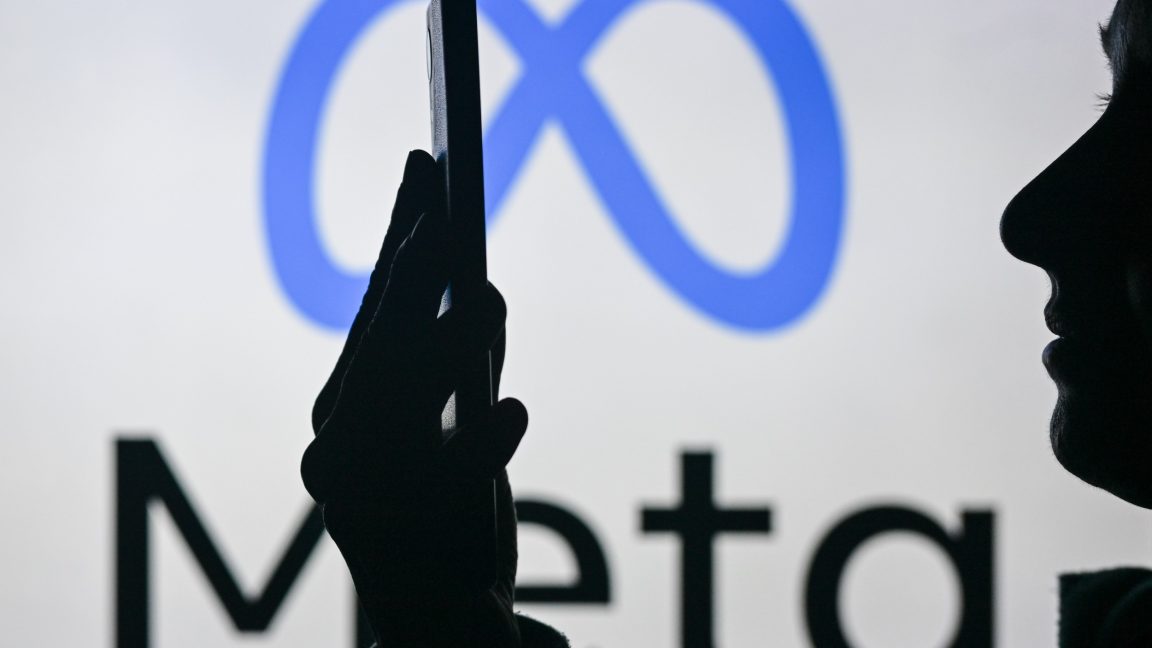Introduction to Europe’s First Industrial AI Cloud
Germany and NVIDIA are collaborating on a groundbreaking project to build Europe’s first industrial AI cloud. This ambitious undertaking has the potential to revolutionize the continent’s technological landscape. NVIDIA’s CEO, Jensen Huang, recently met with German Chancellor Friedrich Merz, resulting in a partnership between NVIDIA and Deutsche Telekom that could be a turning point for European technological sovereignty.
The AI Factory
The project involves creating an "AI factory" with a focus on manufacturing, leveraging Germany’s renowned industrial heritage. The facility aims to provide European industrial players with the computational power to transform everything from design to robotics. According to Huang, "In the era of AI, every manufacturer needs two factories: one for making things, and one for creating the intelligence that powers them." By building Europe’s first industrial AI infrastructure, the region’s leading industrial companies can advance simulation-first, AI-driven manufacturing.
Robots Teaching Robots
One of the early adopters of this technology is NEURA Robotics, a German firm specializing in cognitive robotics. They are using the computational muscle to power the Neuraverse, a connected network where robots can learn from each other. This robotic hive mind enables machines to acquire skills ranging from precision welding to household ironing, with each machine contributing its learnings to a collective intelligence. David Reger, Founder and CEO of NEURA Robotics, believes that "Physical AI is the electricity of the future—it will power every machine on the planet."
AI for More Than Just Germany’s Industrial Titans
The project’s potential reach extends beyond Germany’s industrial titans. The Mittelstand, a network of specialized small and medium-sized businesses that forms the backbone of the German economy, stands to benefit. These companies often lack the resources to build their own AI infrastructure but possess the specialized knowledge that makes them perfect candidates for AI-enhanced innovation. Democratising access to cutting-edge AI could help preserve their competitive edge in a challenging global market. Academic and research institutions will also gain access, potentially accelerating innovation across numerous fields.
The Road to Europe’s AI Gigafactory
The current project is viewed as a stepping stone towards something even more ambitious: Europe’s AI gigafactory. This planned 100,000 GPU-powered initiative, backed by the EU and Germany, won’t come online until 2027 but represents Europe’s determination to carve out its own technological future. As other European telecom providers follow suit with their own AI infrastructure projects, we may be witnessing the beginning of a concerted effort to establish technological sovereignty across the continent.
Conclusion
The collaboration between Germany and NVIDIA has the potential to revolutionize Europe’s technological landscape. By building the continent’s first industrial AI cloud, they are enabling European industrial players to advance simulation-first, AI-driven manufacturing. The project’s reach extends beyond Germany’s industrial titans, with the potential to benefit small and medium-sized businesses, academic and research institutions, and startups. As Europe strives to establish technological sovereignty, this ambitious project is a significant step towards a future where the continent is no longer a passive consumer of AI technology developed elsewhere.
FAQs
Q: What is the main goal of the project between Germany and NVIDIA?
A: The main goal is to build Europe’s first industrial AI cloud, focusing on manufacturing and providing European industrial players with the computational power to transform their processes.
Q: What is the Neuraverse, and how does it work?
A: The Neuraverse is a connected network where robots can learn from each other, enabling them to acquire skills and contribute to a collective intelligence.
Q: What is the potential impact of the project on small and medium-sized businesses in Germany?
A: The project could help preserve their competitive edge in a challenging global market by democratizing access to cutting-edge AI and enabling AI-enhanced innovation.
Q: What is Europe’s AI gigafactory, and when is it expected to come online?
A: Europe’s AI gigafactory is a planned 100,000 GPU-powered initiative backed by the EU and Germany, expected to come online in 2027.











